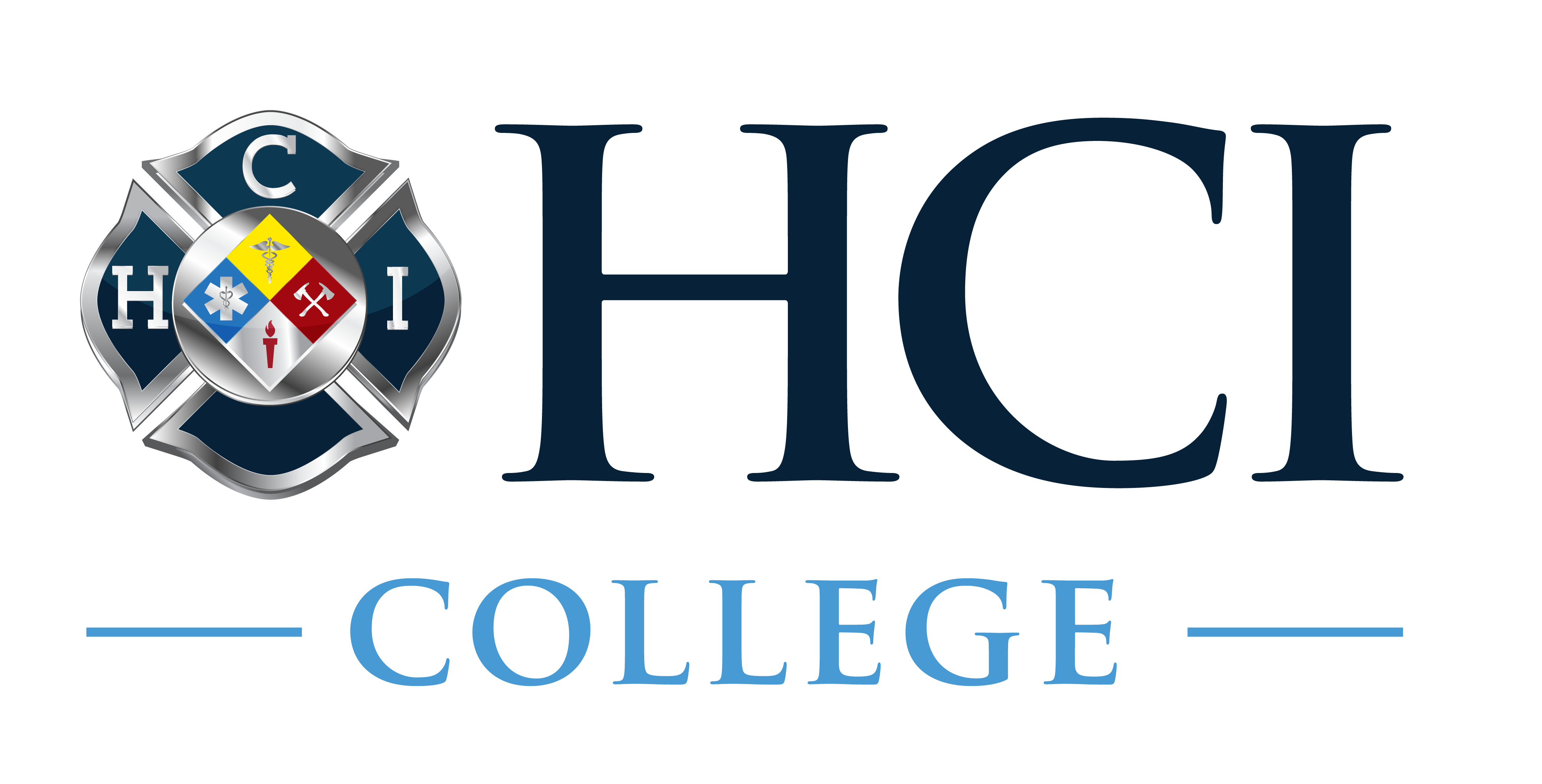Interdisciplinary Collaboration: Medical Assistants and the Healthcare Team
The healthcare industry has always relied on interdepartmental collaboration for smooth delivery of service. One of the relationships that helps this collaboration to remain effective is between medical assistants and the rest of the healthcare team. This is one reason that demand for medical assistants has risen approximately 31% over the past decade.
Join us as we explore the vital role that medical assistants play in facilitating seamless communication and collaboration among healthcare professionals. We will highlight the importance of interdisciplinary teamwork in delivering quality patient care and discuss how medical assistants contribute to a cohesive and efficient healthcare system.
Bridging the Gap: The Role of Medical Assistants
Medical assistants serve as the linchpin within the healthcare team, ensuring that communication flows smoothly between doctors, nurses, and other healthcare professionals. Their multifaceted role includes both administrative and clinical duties, such as scheduling appointments, managing patient records, and assisting with examinations. By handling these responsibilities, medical assistants free up valuable time for doctors and nurses, allowing them to focus more on patient care.
Additionally, medical assistants often serve as the first point of contact for patients. They play a crucial role in gathering initial patient information, which helps to streamline consultations and ensure that healthcare providers have the necessary data to make informed decisions. This initial interaction sets the tone for the patient’s experience, making the role of medical assistants essential in fostering a welcoming and efficient healthcare environment.
Enhancing Efficiency and Communication
Effective communication is at the heart of quality healthcare delivery. Medical assistants enhance this by acting as intermediaries, relaying important information between patients and healthcare providers. They ensure that patient concerns are addressed promptly and that any changes in patient conditions are communicated swiftly to the relevant team members.
1. Accurate and Timely Information Relay
Over 60% of nurses find it difficult to communicate with teams outside a unit while almost half of doctors say that they find it difficult to receive updates on the status of various tasks or tests. Medical assistants act as the communication bridge between patients and healthcare providers. They gather comprehensive patient histories during initial consultations, ensuring that all relevant details are accurately documented and relayed to the medical team. This includes vital signs, medical history, and current concerns, which are critical for informed decision making. By ensuring healthcare providers have access to precise and up-to-date information, medical assistants help reduce the risk of miscommunication and medical errors.
2. Streamlining Workflow and Reducing Delays
Medical assistants are often responsible for coordinating various aspects of patient care, such as scheduling appointments, organizing follow-ups, and managing patient flow. By efficiently handling these tasks, they help to streamline the workflow, reduce waiting times, and ensure that healthcare providers can focus on patient care without administrative distractions. This coordination not only improves the efficiency of the healthcare team but also enhances patient satisfaction by minimizing delays and ensuring a smooth healthcare experience.
3. Facilitating Team Meetings and Communication
Regular team meetings are essential for discussing patient cases, updating care plans, and ensuring that all team members are aligned. Medical assistants can play a key role in organizing and facilitating these meetings, ensuring that all relevant information is prepared and shared beforehand. During meetings, they can assist in taking detailed notes and disseminating action points to ensure that all team members are aware of their responsibilities and any updates to patient care plans.
4. Utilizing Technology for Better Communication
Medical assistants can leverage various technological tools to enhance communication within healthcare teams. This includes electronic health records (EHR) systems, which allow for real-time updates and easy access to patient information for all team members. They can also use secure messaging platforms to facilitate quick and efficient communication between healthcare providers, ensuring that urgent issues are addressed promptly. By effectively utilizing these technologies, medical assistants can help create a more connected and responsive healthcare environment.
5. Providing Training and Support
Medical assistants can contribute to improving communication within healthcare teams by providing training and support to other staff members. This can include training on the use of EHR systems, communication protocols, and best practices for information sharing. By fostering a culture of continuous learning and improvement, medical assistants help to ensure that all team members are equipped with the skills and knowledge necessary for effective communication.
Patient-Centered Care: The Importance of Collaboration
Interdisciplinary collaboration is a cornerstone of patient-centered care. Medical assistants, through their diverse roles, ensure that the patient’s journey through the healthcare system is as smooth and coordinated as possible. By working closely with various healthcare professionals, they help to create a holistic care plan that addresses all aspects of a patient’s health.
This collaborative approach not only improves patient outcomes but also enhances patient satisfaction. When patients can see that their healthcare providers are working together seamlessly, they feel more confident in the care they are receiving. Medical assistants, by ensuring that all members of the healthcare team are on the same page, play a vital role in building this trust and satisfaction.
Discover how the programs at HCI College can help you develop the necessary skills to thrive as a medical assistant.
If you found this article interesting, please share it with your friends.















